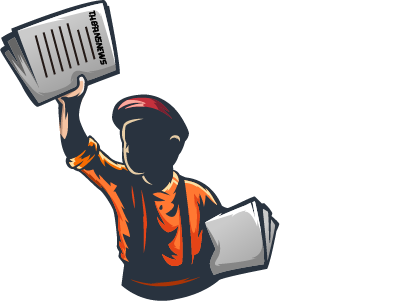Salt Lake City is the capital of Utah
Over the last few months, a salmonella outbreak has killed a number of songbirds in Washington, Oregon, and Idaho, and the Utah Division of Wildlife Resources has received a spike in reports of sick and dead birds near bird feeders in northern Utah.
Salmonellosis is a bacterial disease that is spread by direct contact and is most often spread when birds eat contaminated feed.
As a result, since birds often congregate at bird feeders, particularly during the winter months, they can be a source of disease transmission.
The DWR demands that you do the following if you see sick or dead birds in your neighborhood:
For at least a month, take down and remove all bird feeders, water containers, and birdbaths. This will allow birds to scatter, thus slowing disease transmission.
Please contact the nearest DWR office if you have more than five sick or dead birds in your yard. If the deaths are occurring in a new area, the DWR may send some of the birds for disease testing. If the birds will not be checked, please dispose of any dead birds in a closed plastic bag and put them in a trash can with gloves on.
What You can do for birds?
Make use of bird feeders that are less likely to spread disease. Smooth plastic, steel, or glass feeders are easier to clean and disinfect than porous or irregular-surfaced feeders (like wood).
Using feeders that avoid the seeds from getting wet, since food that stays dry is less likely to spoil.
Ignore platform feeders and other feeders that allow birds to sit on the food when feeding. To avoid feces contamination, use feeders that enable birds to perch away from the food.
Ensure that the feeder is free of old seeds and feces on a regular basis. Remove any seeds, feces, or shells from under the feeder with a rake or sweep, and dispose of them in a trash can out of reach of birds.
While cleaning bird feeders and baths on a regular basis is often recommended to prevent disease transmission. During a salmonellosis outbreak, a more stringent disinfecting schedule is needed. This is why we recommend temporarily removing feeders and water baths,” DWR Wildlife Conservation Biologist Adam Brewerton said. “While we all enjoy seeing wild birds visit our feeders. Feeders that are not properly cleaned can pose more of a risk to birds than a profit.”










